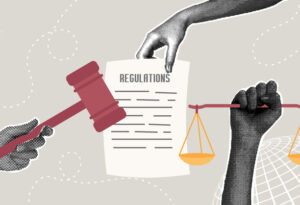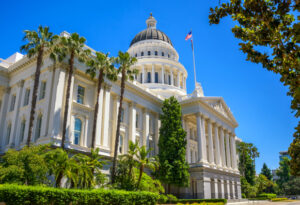Micheli Files
Urgency statutes, fiscal emergency statutes, right of public access, local or special statutes, and reimbursement disclaimers utilize explanatory statements. Several of these three types of measures are actually required to do so by the state Constitution.
Micheli Files
In talking with both houses’ appropriations committee staff over the past few weeks, there are some practical tips that were shared with me for those working with the fiscal committee staff member
Micheli Files
While textualists want to only focus on the actual text of the statute, the purpose of statutory interpretation, in my opinion, is to ascertain the intent of the Legislature, which is charged with the lawmaking function.
Micheli Files
Article IV, Section 9 of the California Constitution requires each bill to have a title. The constitutional provision states: “A statute shall embrace but one subject, which shall be expressed in its title. If a statute embraces a subject not expressed in its title, only the part not expressed is void.
Micheli Files
Lawmaking does not just mean passing bills and creating new laws. It also means oversight and accountability, as well as constituent services.
Micheli Files
The more I delve into statutory interpretation, the more I am confronted from a legislative drafting perspective whether interpretive guidance should be provided to the courts in this state by placing additional directives in statute. The California courts already use a number of judicial principles when interpreting ambiguous statutes.
Micheli Files
Why do I think our state should publish its bill drafting manual? I believe it would enhance the ability of the state’s judiciary to better interpret statutes.
Micheli Files
As we head into the second year of the 2-year California Legislative Session, some legislators may want to re-introduce a bill that did not make it to the Governor’s Desk during this first year. Are there any applicable rules governing this question?
Micheli Files
During his recent review of the more than 900 bills sent to the desk of Gov. Gavin Newsom, intrepid McGeorge law professor, Capitol lobbyist and regular Capitol Weekly contributor Chris Micheli compiled a number of legislative drafting notes and decided to share them with our readers. This is the third of three parts. Part I can be found here and Part II can be found here.
Micheli Files
In talking with both houses’ budget committee staff over the past few weeks, there are some practical tips that were shared with me for those working with these staff members.








